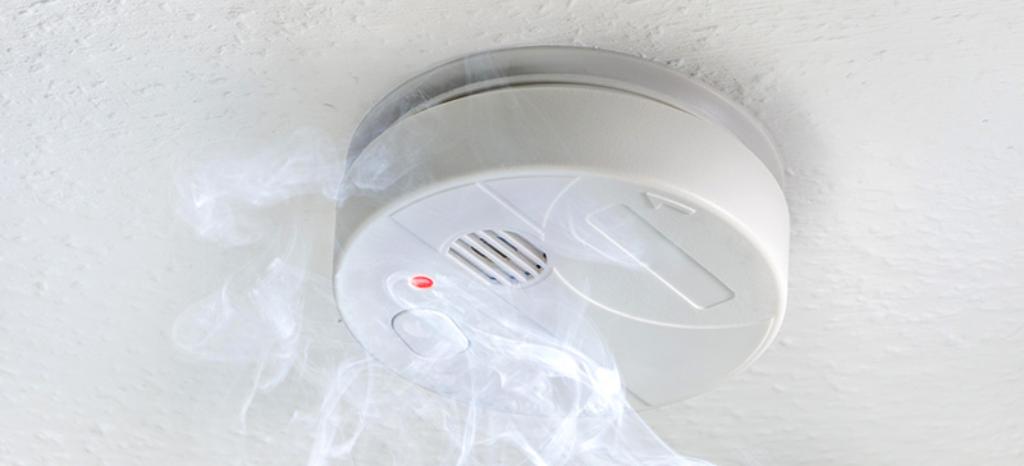Your driveway is one of the first things people see when they approach your home. It can make a significant impact on the overall appearance of your property. This is why it is essential to choose a driveway surface that is not only visually appealing but also durable and low-maintenance.
Resin driveways are becoming an increasingly popular choice for homeowners due to their versatility, durability, and range of design options. However, like any other material, resin driveways have their pros and cons.
In this article, we will explore both sides of the argument so that you can decide whether a resin driveway is the right choice for your home.
Table of Contents
Pros of Resin Driveways
Low maintenance
One of the main benefits of resin driveways is that they require very little maintenance. Unlike traditional concrete or tarmac driveways, resin driveways do not crack or crumble over time. They are also resistant to weeds and moss, so you won’t need to spend time and money on weeding or cleaning your driveway.
Versatile design options
Another advantage is that they offer a wide range of design options. Resin can be mixed with different aggregates, such as stones, glass or shells, to create a unique and visually appealing surface. You can choose from a variety of colors and finishes, so you can create a driveway that complements the style of your home.
Durability
Resin driveways are also highly durable. They can withstand heavy vehicles and foot traffic without cracking or deteriorating. This makes them a good option for households with multiple cars or those living in areas with high levels of traffic.
Permeability
They are permeable, which means that they allow water to drain through them. This can help to reduce the risk of flooding and also improves the overall drainage of your property. This can be particularly beneficial if you live in an area with heavy rainfall.
Cons of Resin Driveways
Cost
One of the main disadvantages of resin driveways is that they can be more expensive than traditional options. The cost will depend on the size of your driveway, the type of aggregate used and the complexity of the design.
However, it is important to consider the long-term benefits of a resin driveway, such as the low maintenance and durability, when making a decision about whether it is worth the investment.
Installation
The installation of a resin driveway can also be more complex than other options. The surface of the driveway needs to be prepared thoroughly to ensure that the resin adheres properly. This can involve removing existing surfaces, such as concrete or tarmac, and preparing the ground with a sub-base layer.
It is important to choose an experienced and reputable installer who can ensure that the driveway is installed correctly.
Curing Time
Once the resin has been applied to the driveway, it will need to cure for several hours before it can be used. This can be inconvenient if you need to use your driveway regularly. However, once the curing process is complete, the driveway will be ready to use and will require minimal maintenance.
Slipperiness
Another potential disadvantage of resin driveways is that they can be slippery when wet. This is particularly true if the surface has a smooth finish or is installed at a steep gradient. To prevent slips and falls, it is important to choose an anti-slip finish for your driveway, especially if you live in an area with high rainfall.
Environmental Impact
One factor that some homeowners may consider when choosing a driveway surface is the environmental impact of the materials used. While resin driveways are generally considered to be a more eco-friendly option than traditional concrete or tarmac, it is important to note that the production of resin does require the use of fossil fuels.
However, some companies, including SUDWell Resin Driveway, offer eco-friendly options that use recycled materials in the aggregate mix. Additionally, the permeable nature of resin driveways can help to reduce the risk of water runoff and contribute to a healthier environment.
Longevity
Another factor to consider when choosing a driveway surface is the longevity of the material. Resin driveways are known for their durability, with a lifespan of up to 25 years if properly maintained. This makes them a long-lasting investment for homeowners who are looking for a surface that will stand the test of time.
However, it is important to note that the lifespan of a resin driveway will depend on factors such as the quality of the installation, the type of aggregate used, and the level of maintenance it receives.
Resin driveways offer a range of benefits for homeowners who are looking for a durable, low-maintenance and visually appealing surface for their driveway. While they can be more expensive than traditional options and require a complex installation process, the long-term benefits are worth the investment for many homeowners.
With reputable and experienced installers like SUDWell, homeowners can enjoy a bespoke design that complements the style of their home and adds value to their property.



